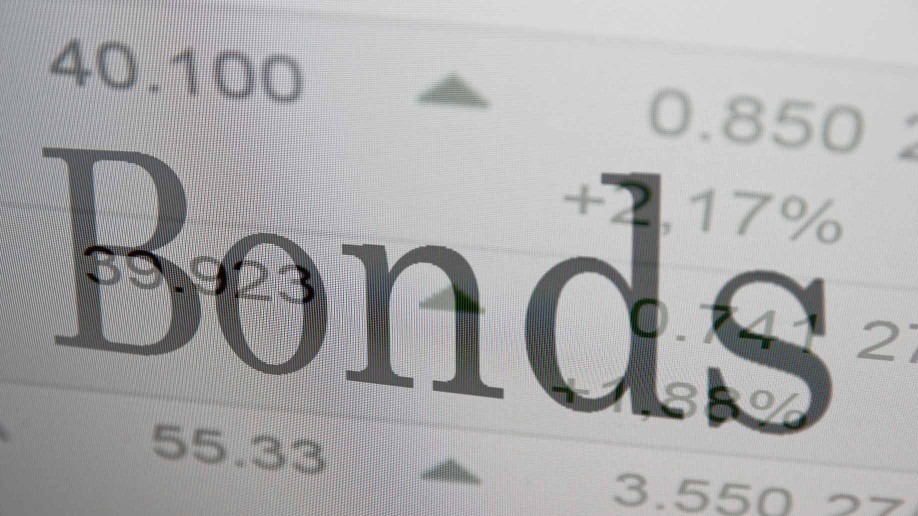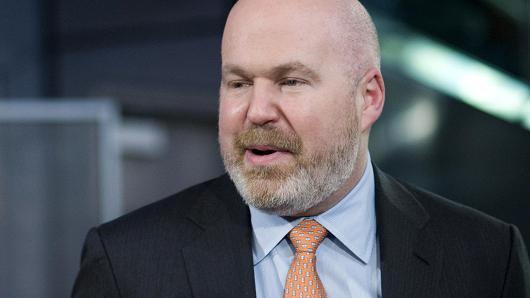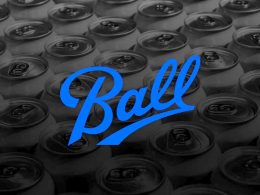Should You Still Own Bonds?
by The Algonquin Team, Algonquin Capital
July 2016
“Only the wisest and stupidest of men never change."
Confucius
Graham and Dodd (two rather wise men) once referred to fixed income investing as ‘the negative art’. This is because unlike equities, with bonds the maximum upside is ‘fixed’. And it is the investor’s job to focus on the risk of loss, the negative, and decide if they are being adequately compensated for it.
As of this morning, the XBB Canada Bond ETF has a net yield of less than 1.5% a year. The effective duration of the underlying portfolio is 7.73 years. In English, this means that a 1% rise in rates could lead to an 8% loss. Rates might not be going higher anytime soon, but the risk/reward profile doesn’t seem to justify the investment.
While the wisest of investors may already have their ideal portfolio allocation for the current environment, the rest of us can make efforts not to be amongst the stupidest. The logical conclusion is therefore to consider change.
The natural question is if not bonds then what?
One option is to just allocate to stocks, REITs and preferred shares. The theory behind this approach is if you’re in it for the long run the volatility shouldn’t matter, and historically the equity premium has been worth it.
Some investors have elected to stick with fixed income but have shifted their focus to high yield, emerging market and private debt. Others have opted to increase their cash holdings. A high interest savings account pays you 0.75% and cash has inherent optionality. It can be deployed when opportunities present themselves.
We also live in a world full of choice. Just going to the grocery store can create decision anxiety. Similarly, there is a wide array of investment products outside of the traditional options. We recognize that our fund represents one of these alternatives but also acknowledge that there are many others to cater for all tastes.
So how does one select from the menu of options?
When deciding where to allocate, your choices should match your needs, objectives and ability to withstand loss. In the end, how you choose to adapt needs to work for you. The important thing is to adapt.
Copyright © Algonquin Capital













